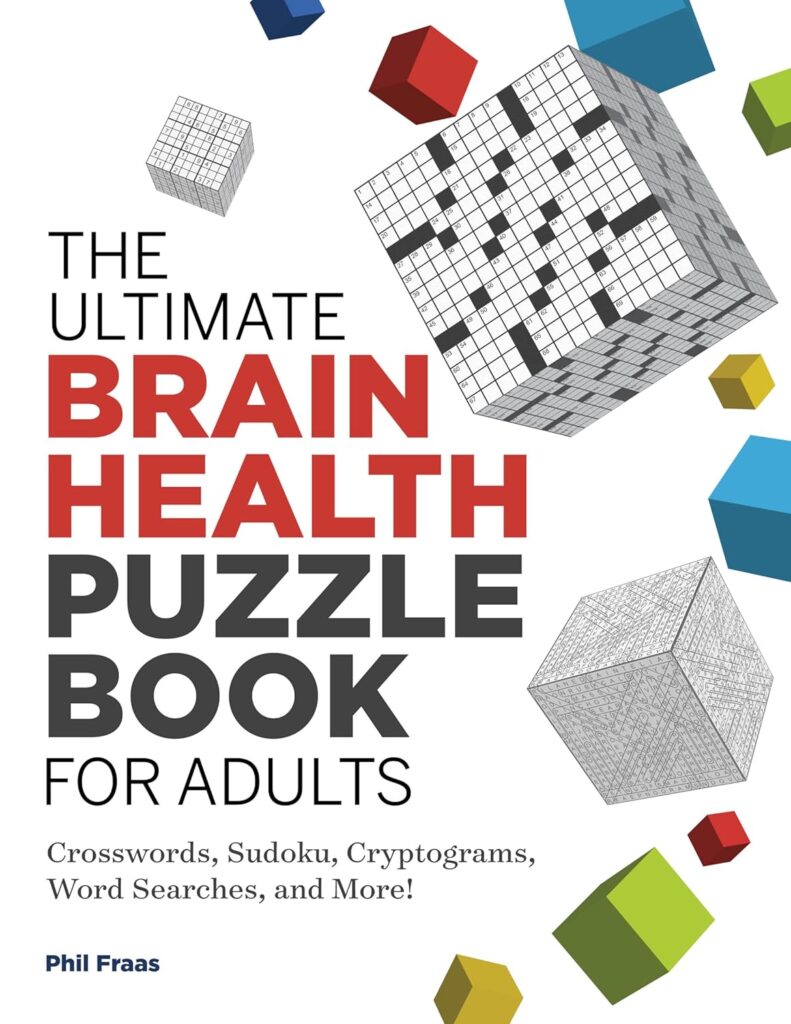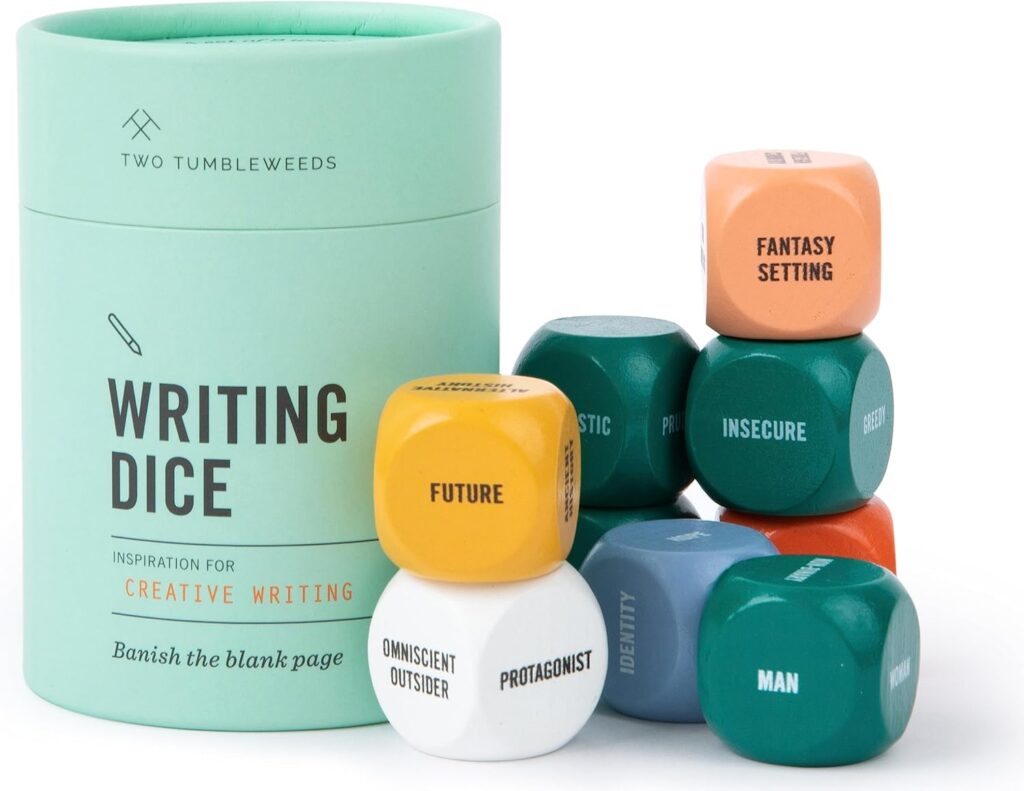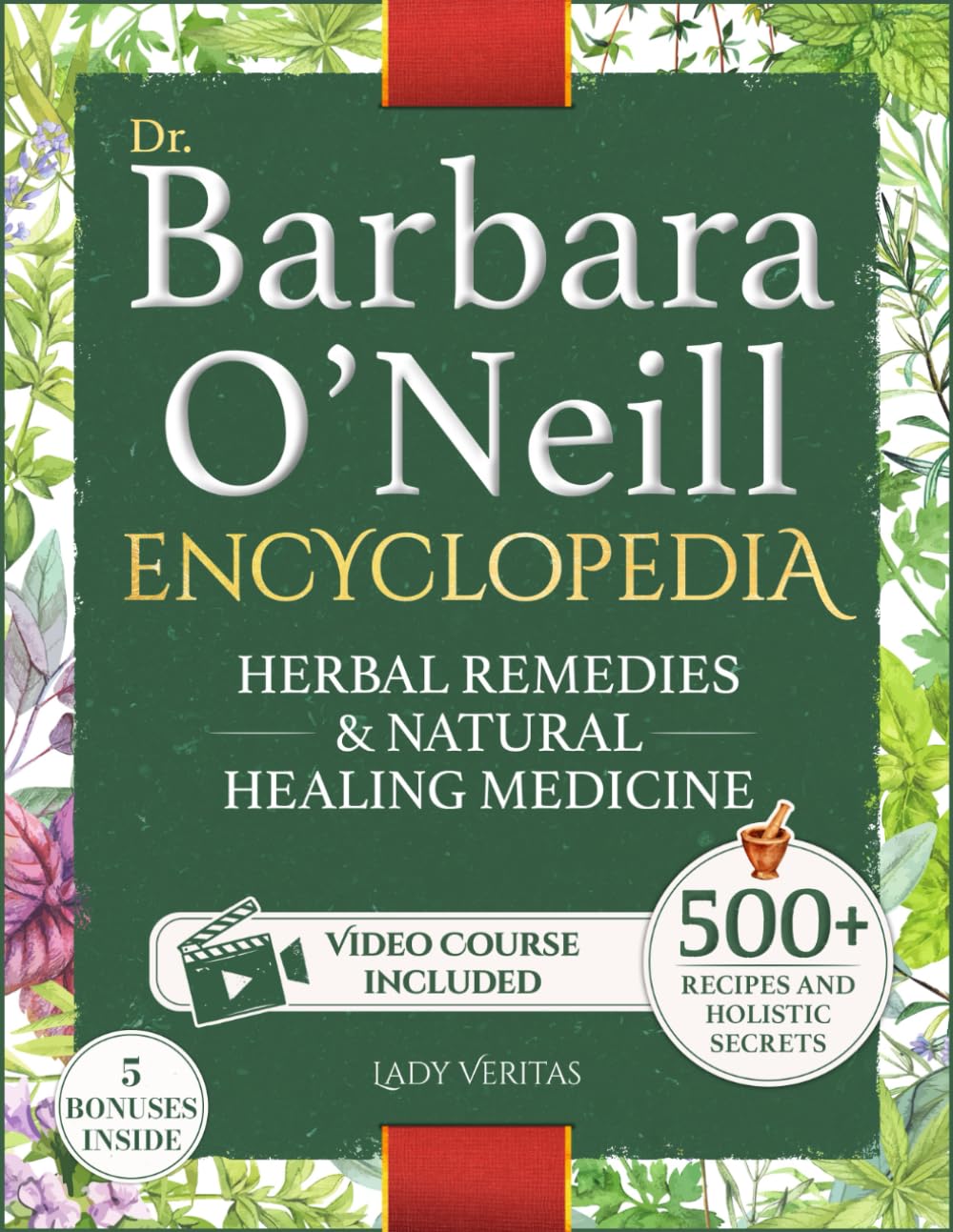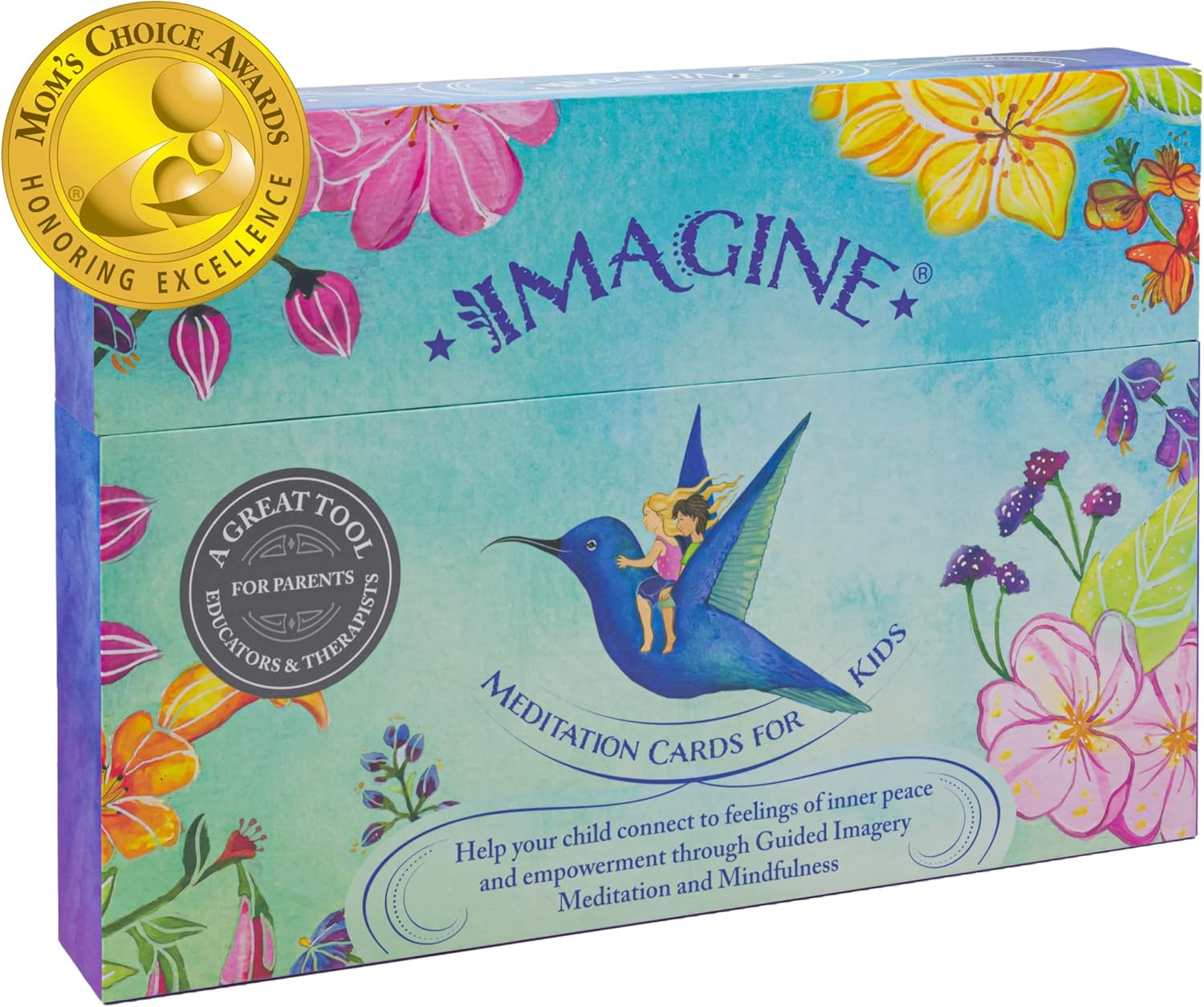Intellectual wellness is an essential part of a balanced life, especially as we age. It's about staying mentally active, curious, and engaged with the world around us. For women in later life, nurturing intellectual wellness can support holistic well-being, enriching physical, emotional, and spiritual health. The benefits of intellectual wellness are profound—it enhances cognitive vitality, fosters social connections, and builds resilience. This guide explores how to achieve intellectual wellness in later life through accessible, rewarding, and practical strategies that fit seamlessly into everyday life.
Table of Contents
What is Intellectual Wellness and Why Does it Matter?
Understanding Intellectual Wellness and Its Role in Holistic Health
Intellectual wellness is about continuously engaging in mentally stimulating activities and nurturing a curious, open mindset. It includes seeking out new knowledge, embracing creativity, and exploring different perspectives. By dedicating time to mental growth, we support cognitive health, foster emotional well-being, and experience a deeper connection with the world.
For women in later life, intellectual wellness can feel like rediscovering purpose. It strengthens our ability to adapt, boosts confidence, and opens doors to lifelong friendships. Moreover, intellectual wellness is intertwined with physical and emotional health—studies show that engaging in mentally stimulating activities helps maintain cognitive function and reduces stress. In short, intellectual wellness is an integral part of a happy, healthy life, and it’s never too late to start.
Why Intellectual Wellness is Essential for Women in Later Life
1. Enhancing Cognitive Health and Longevity
- Keeping the mind active with stimulating activities supports brain health and can lower the risk of cognitive decline.
- Cognitive exercises—like puzzles, reading, and problem-solving—help maintain sharp thinking, memory, and focus.
2. Boosting Emotional Resilience and Confidence
- Engaging in intellectual pursuits provides a sense of purpose, achievement, and joy, all of which support emotional resilience.
- Lifelong learning can improve self-esteem and create a positive outlook on life by opening doors to new interests and passions.
3. Fostering Social Connections and Lifelong Curiosity
- Intellectual wellness promotes social interactions and networking through book clubs, classes, and group activities.
- Staying curious leads to interesting conversations and meaningful connections, adding richness and diversity to daily life.
Practical Ways to Cultivate Intellectual Wellness in Your Daily Life
How to Achieve Intellectual Wellness in Later Life through Simple, Joyful Practices
There are countless ways to nurture intellectual wellness, and you don’t need to make drastic changes to see the benefits. Here are some approachable, enjoyable ways to make intellectual growth a natural part of your routine:
1. Engage in Lifelong Learning and Skill Building
Learning something new at any age keeps the brain agile and engaged. Here are some ideas to get started:
- Enroll in Online Courses: Websites like Coursera, Udemy, and even YouTube offer countless free or affordable courses on a wide variety of subjects.
- Take Local Community Classes: Libraries, community centers, and senior centers often offer workshops and classes in everything from history to cooking.
- Learn a New Skill or Hobby: Whether it’s painting, playing an instrument, or mastering a new language, picking up a skill promotes intellectual growth and creativity.

2. Develop a Habit of Reading and Critical Thinking
Reading broadens our knowledge and exposes us to new perspectives. It’s a fantastic way to foster intellectual wellness:
- Make Reading a Daily Ritual: Dedicate 10-20 minutes each day to reading books, articles, or magazines on topics that interest you.
- Join a Book Club: This is a great way to connect with others, discuss ideas, and gain fresh insights.
- Reflect in a Journal: Writing about what you’ve read or learned helps solidify understanding and encourages critical thinking.
3. Embrace Brain-Boosting Hobbies
Hobbies aren’t just for fun—they also provide powerful mental benefits. Here are a few hobbies that keep the brain sharp:
- Puzzles and Games: Crossword puzzles, Sudoku, and even card games challenge the mind, helping with memory and problem-solving skills.
- Art and Crafts: Activities like drawing, knitting, or painting can enhance creativity and focus.
- Writing and Storytelling: Putting your thoughts into words, whether through journaling or storytelling, improves memory and language skills.
Leveraging Technology for Intellectual Growth and Connection

Using Technology to Enhance Intellectual Wellness in Later Life
Technology offers endless possibilities for intellectual wellness. For women in later life, it’s a wonderful way to access resources, stay connected, and engage with learning communities.
1. Explore Online Learning Platforms and Apps
- Educational Websites: Websites like Khan Academy, Coursera, and EdX offer classes on nearly any subject imaginable.
- Learning Apps: Duolingo (for languages), Headspace (for mindfulness), and Blinkist (summarized books) provide educational content on the go.
- Virtual Lectures and Webinars: Look for webinars from universities, museums, or local libraries that cover a range of topics from history to science.
2. Join Virtual Groups and Communities
- Social Media Groups: Facebook has groups for almost every interest, from history buffs to hobby gardeners.
- Forums and Online Book Clubs: Joining a community like Goodreads, which connects readers worldwide, is an excellent way to discuss ideas and gain new perspectives.
- Video Calls with Friends: Arrange virtual meet-ups to discuss books, classes, or ideas—it’s intellectually stimulating and socially enriching.
Using technology to stay mentally engaged and connected is not only rewarding but can also be a lifeline for intellectual and emotional wellness.
Addressing Common Barriers to Intellectual Wellness
How to Overcome Challenges and Make Intellectual Wellness Sustainable
While the benefits of intellectual wellness are clear, maintaining mental engagement can be challenging. Here’s how to overcome common obstacles:
1. Navigating Time Constraints and Energy Levels
- Start Small: Set aside just 10-15 minutes each day for a mentally engaging activity. Small steps are effective and manageable.
- Incorporate Learning into Daily Routines: Listen to a podcast while you’re cooking or catch up on an interesting article during a coffee break.
- Make it Enjoyable: Choose activities that genuinely interest you—it should feel exciting, not like a chore.
2. Managing Self-Doubt and Mental Blocks
- Embrace a Growth Mindset: Remind yourself that it’s never too late to learn. Every bit of progress matters, and the joy of learning is more valuable than perfection.
- Practice Self-Compassion: It’s okay to make mistakes or take things at your own pace. Intellectual wellness is a journey, not a destination.
3. Finding Affordable Resources
- Public Libraries: Many libraries offer free online resources, including e-books, magazines, and even digital courses.
- Podcasts and Free Online Content: From TED Talks to educational podcasts, there are countless ways to access high-quality content for free.
- Museums and Universities: Many institutions offer free online courses, virtual tours, and webinars that provide valuable learning experiences.
By addressing these barriers, you can make intellectual wellness a sustainable, rewarding part of daily life.
Embrace a Lifelong Journey of Growth and Vitality
In later life, intellectual wellness opens doors to deeper connections, enhanced self-confidence, and continued personal growth. By incorporating learning, creativity, and mental engagement into everyday life, you can cultivate a well-rounded, holistic sense of well-being that goes beyond age.
The benefits of intellectual wellness are achievable and abundant, and the journey is deeply personal. Whether it’s through a new hobby, a virtual book club, or a daily learning habit, each step contributes to a richer, more connected life. As part of your holistic wellness journey, consider the suggestions in this guide as starting points—small changes that can lead to transformative growth.
Take the first step today. Embrace the opportunity to learn, grow, and thrive. Intellectual wellness isn’t just a goal; it’s a lifelong gift to yourself.
Would you like to explore other resources or continue the journey toward greater intellectual wellness? Share your experiences, tips, or ideas below! Join our community for more insights on holistic well-being, and take charge of your wellness journey—one idea at a time.
Resources (Paid Links):
Disclaimer: The information provided in this article is for informational purposes only and is not intended as medical or mental health advice. Always consult with a healthcare professional before making any changes to your lifestyle, diet, or wellness routine.






